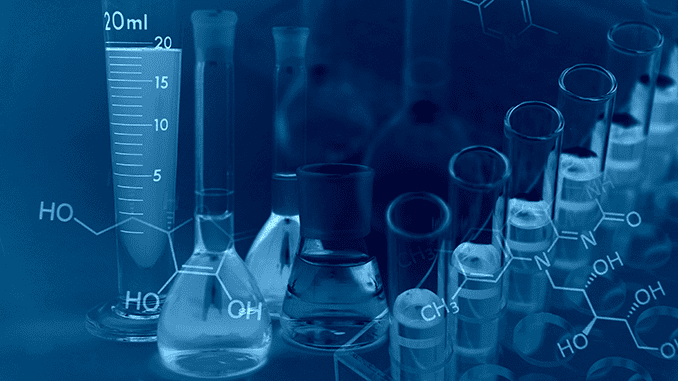To develop therapeutics to treat COVID-19, the disease caused by the newly emerging coronavirus SARS-CoV-2. The U.S. Department of Health and Human Services’ Office of the Assistant Secretary for Preparedness and Response (ASPR) today announced an expansion of an existing collaboration with Regeneron Pharmaceuticals Inc.
Regeneron has a number of active collaborations with HHS’s Biomedical Advanced Research and Development Authority (BARDA), part of ASPR, and will now work to develop multiple monoclonal antibodies that, individually or in combination, could be used to treat this emerging coronavirus.
These monoclonal antibodies are produced by a single clone of cells or a cell line with identical antibody molecules. The antibodies bind to certain proteins of a virus, reducing the ability of the virus to infect human cells. Medicines developed for COVID-19 through the expanded BARDA-Regeneron partnership will leverage Regeneron’s monoclonal antibody discovery platform called VelocImmune, part of the company’s VelociSuite technology.
“Emerging infectious diseases can present serious threats to our nation’s health security. Working as public-private partners like we have with Regeneron since 2014, we can move rapidly to respond to new global health threats.”
Rick Bright, Ph.D., Deputy Assistant Secretary for Preparedness and Response and Director of the Biomedical Advanced Research and Development Authority (BARDA)
VelociSuite was used to develop a promising investigational three-antibody therapeutic Regeneron’s investigational Ebola treatment REGN-EB3 which was deployed to treat Ebola in the most recent outbreak in the Democratic Republic of the Congo, and an investigational two-antibody therapeutic to treat Middle East Respiratory Syndrome coronavirus (MERS-CoV). The technology shortened multiple aspects of the product development timeline for therapeutics to treat MERS-CoV and Ebola from years to months. The technology helped shorten certain stages of drug development, including the process of antibody discovery and selection, preclinical-scale manufacturing and clinical-scale manufacturing.
“The life-saving results seen with our investigational Ebola therapy last year underscore the potential impact of Regeneron’s rapid response platform for addressing emerging outbreaks. Our unique suite of technologies expedites and improves the drug discovery and development process at every stage, positioning Regeneron to respond quickly and effectively to new pathogens. We are eager to expand our productive collaboration with BARDA and are already working hard to address the novel coronavirus that is causing worldwide concern.”
George D. Yancopoulos, M.D., Ph.D., President and Chief Scientific Officer of Regeneron
HHS Secretary Alex Azar declared a nationwide public health emergency January 31 to aid state health departments’ efforts to curb the spread of the virus in the United States. On January 30, 2020, the World Health Organization identified the current outbreak of COVID-19 as a Pandemic Health Emergency of International Concern. There are currently no FDA-approved vaccines to protect individuals or FDA-approved medicines to treat individuals who may become ill from SARS-CoV-2 infections.
Sources: HHS, Regeneron
This article was updated on Feb 11 to reflect the naming of the virus from the provisional 2019-nCoV to SARS-CoV-2. The disease caused by SARS-CoV-2 is now called COVID-19.
READ ALSO:
- BARDA Seeks Input from Suppliers on Potential 2019-nCoV Medical Countermeasures
- FDA Issues Emergency Use Authorization for the First 2019 Novel Coronavirus Diagnostic
- Secretary Azar Declares Public Health Emergency for United States for 2019 Novel Coronavirus
- First-Ever Therapeutic Antibody Cocktail for Sudan Virus Shows Promise in Animal Studies



